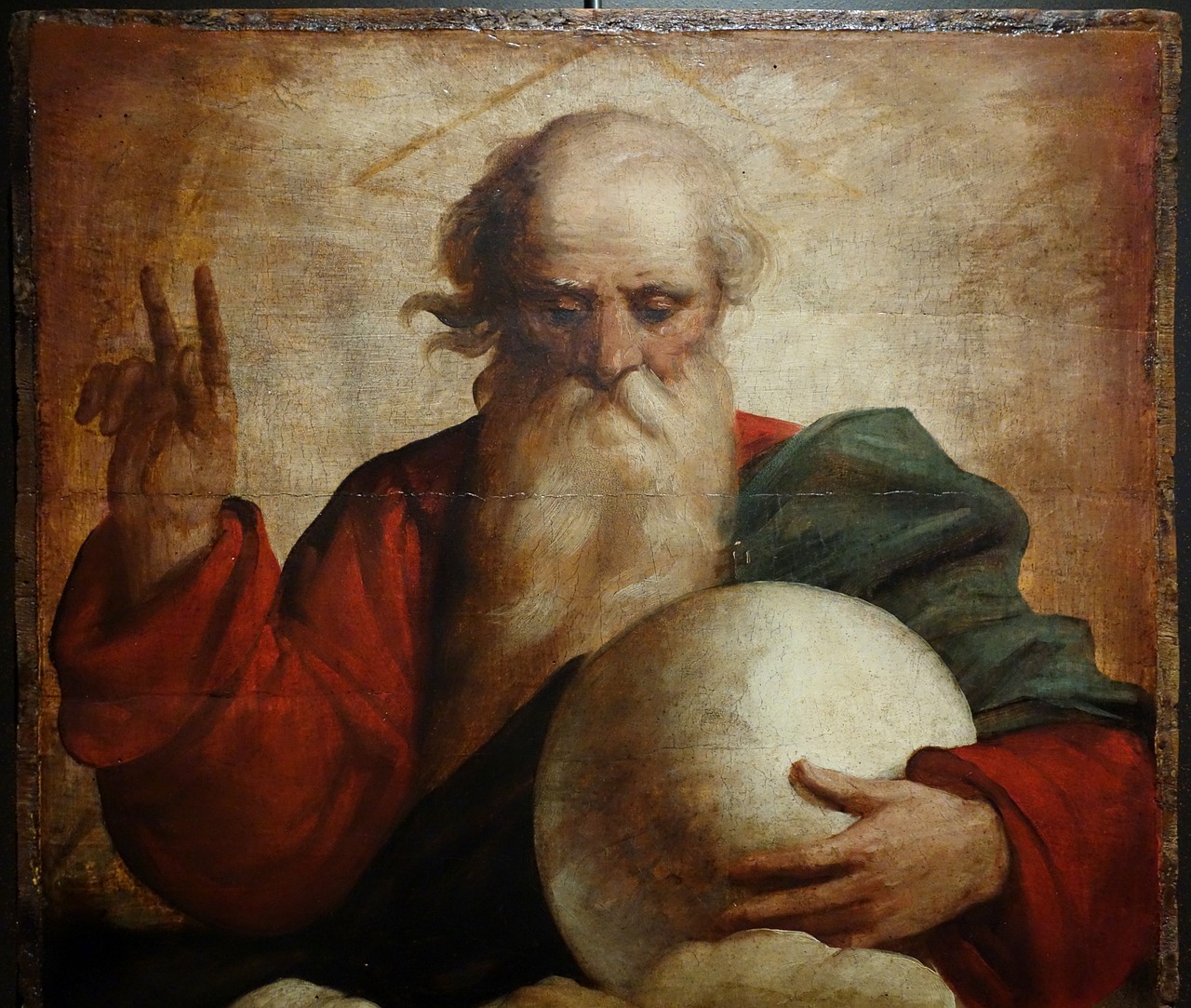
“A vow is a deliberate and free promise made to God concerning a possible and better good which must be fulfilled by reason of the virtue of religion.” So says The Code of Canon Law (CCC 1191). Another section outlines rules for taking public religious vows (CCC 654-658). Yet just as God is merciful, the church must also be merciful. Which is why Canon Law includes a process known as dispensation to relieve a person from such vows (see CCC 85-93). Dispensation is “the relaxation of a merely ecclesiastical law in a particular case” (CCC 85).
Church law is flexible when applied to individuals and specific cases. The law recognizes that human circumstances aren’t static; therefore, some changes receive the favor of the law’s flexibility. For a just cause, a religious sister or brother may request and receive dispensation from solemn or perpetual vows. “Just cause” may be a grave or debilitating difficulty fulfilling the requirements of religious life. No penalty is exacted for being released from perpetual vows. In no way does it remove the person's right of access to the sacraments. Religious persons released to the lay state remain baptized Catholics in good standing.
No shadow of sin is attached to the request for dispensation from solemn vows. Dispensation is offered under the grace and peace of Jesus—who gave Peter the keys of the Kingdom as a symbol of the church’s authority “to bind and to loose.” If a religious person is released from vows on earth, s/he is also assured such release in the sight of God.
To remain in good standing with the Church, a person seeking dispensation must follow the procedure of release from religious life. The dispensation must be sought from the “competent authority”: the major religious superior or bishop in some cases, the pope in others. Once a sister or brother has prayerfully discerned to leave religious life, the order or congregation is obliged to do everything possible to assist in requesting the dispensation. The order or congregation is also required to help the person financially in the transition to lay life.
Scripture has lots to say about taking vows—and breaking them. People are weak and prone to err. Therefore Jesus considers that vows and oaths should be made only sparingly. Thank God that mercy is given to those who show mercy!
Scripture: Genesis 28:20 (first vow); Leviticus 22:20-25 (unfulfilled with imperfect sacrifice); 27:2, 8 (require adjustment); Numbers 6:1-21 (binding for a time); Numbers 31 (women’s vows: inferior?); Deuteronomy 23:22-24; Judges 11:29-39 (keeping an illicit vow); Ecclesiastes 5:1-6; Matthew 5:33-37
Books: Religious Life at the Crossroads, by Amy Herford, CSJ (Orbis Books, 2014)
A Different Touch: A Study of Vows in Religious Life, by Judith Merkle, SNDdeN (Liturgical Press, 1998)



